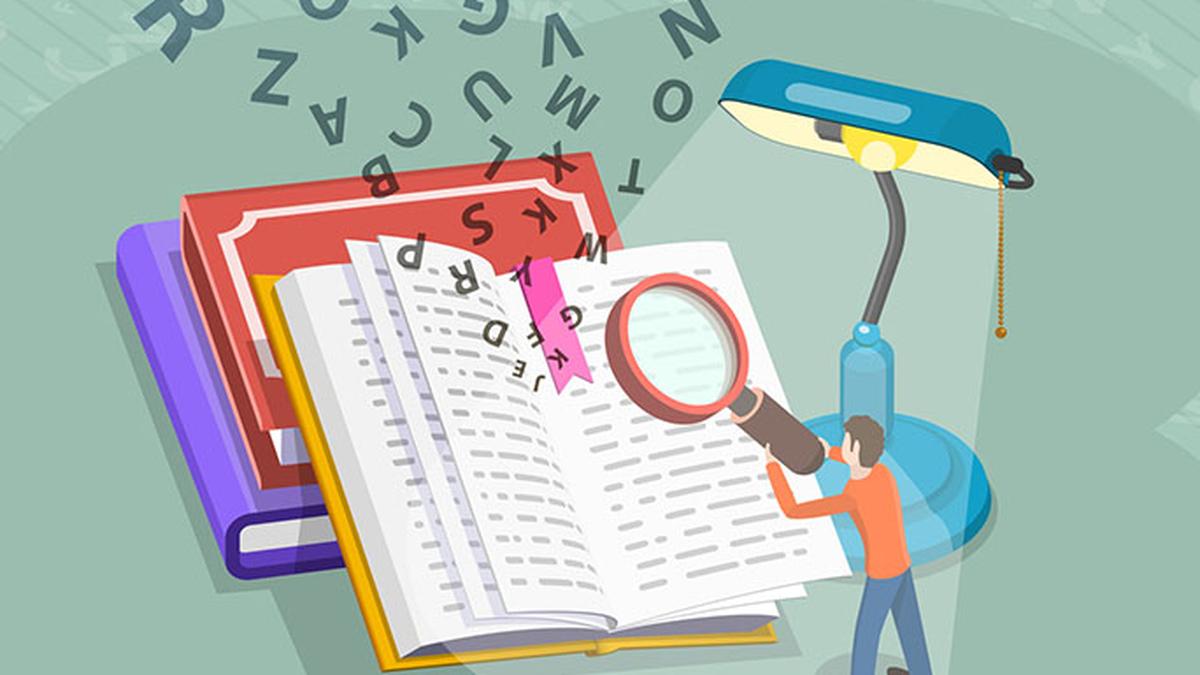
Know your English | What does ‘lexiphanic’ mean? Premium
The Hindu
A column in The Hindu which helps you learn English phrases and grammar.
The two words are homophones — in other words, they are pronounced the same way — but they have very different meanings. The first syllable rhymes with ‘miss’, ‘kiss’ and ‘hiss’, and the second with ‘meet’, ‘heat’ and ‘seat’. The words are pronounced ‘dis-KREET’ with the stress on the second syllable. Both come from the Latin ‘discretus’, a word which had two different meanings — ‘distinct’ and ‘separate’. Nowadays, the word ‘discreet’ is mostly used to mean ‘cautious’; a discreet person is someone who is very careful or very tactful about what he says and does. He chooses to remain silent rather than shoot his mouth off about something; his actions are carefully thought out. He tries not to draw unnecessary attention to himself or become a source of embarrassment to others.
My boss discreetly suggested that I should resign before charges were filed.
During math class, Gauri was in the habit taking discreet glances at her watch.
‘Discrete’, on the other hand, is mostly used nowadays to mean ‘separate’ or ‘distinct’; something that has an identity of its own.
My favourite author’s novels can be divided into discrete categories.
You’ve been in your father’s shadow for too long. You need to find your own discrete identity.
This word of Greek origin consists of four syllables. The first rhymes with ‘vex’, ‘rex’ and ‘checks’, and the following vowel sounds like the ‘a’ in ‘china’. The ‘phan’ in the third is pronounced like the word ‘fan’. The word is pronounced ‘lek-si-FAN-ic’ with the stress on the third syllable. In Greek ‘lexis’ means ‘words’ or ‘speech’ and ‘phainein’ means ‘show’; and according to scholars, this word was coined by the playwright Lucian of Samosata, in the first century. ‘Lexiphanes’ is not only the name of the main character, but also the title of the satire written by Lucian. In it, the hero makes attempts to flaunt his non-existent knowledge by using big words and lengthy sentences in his daily conversation. Today, ‘lexiphanic’ is used to refer to those individuals who wish to impress others by using big or bombastic words while speaking or writing.











